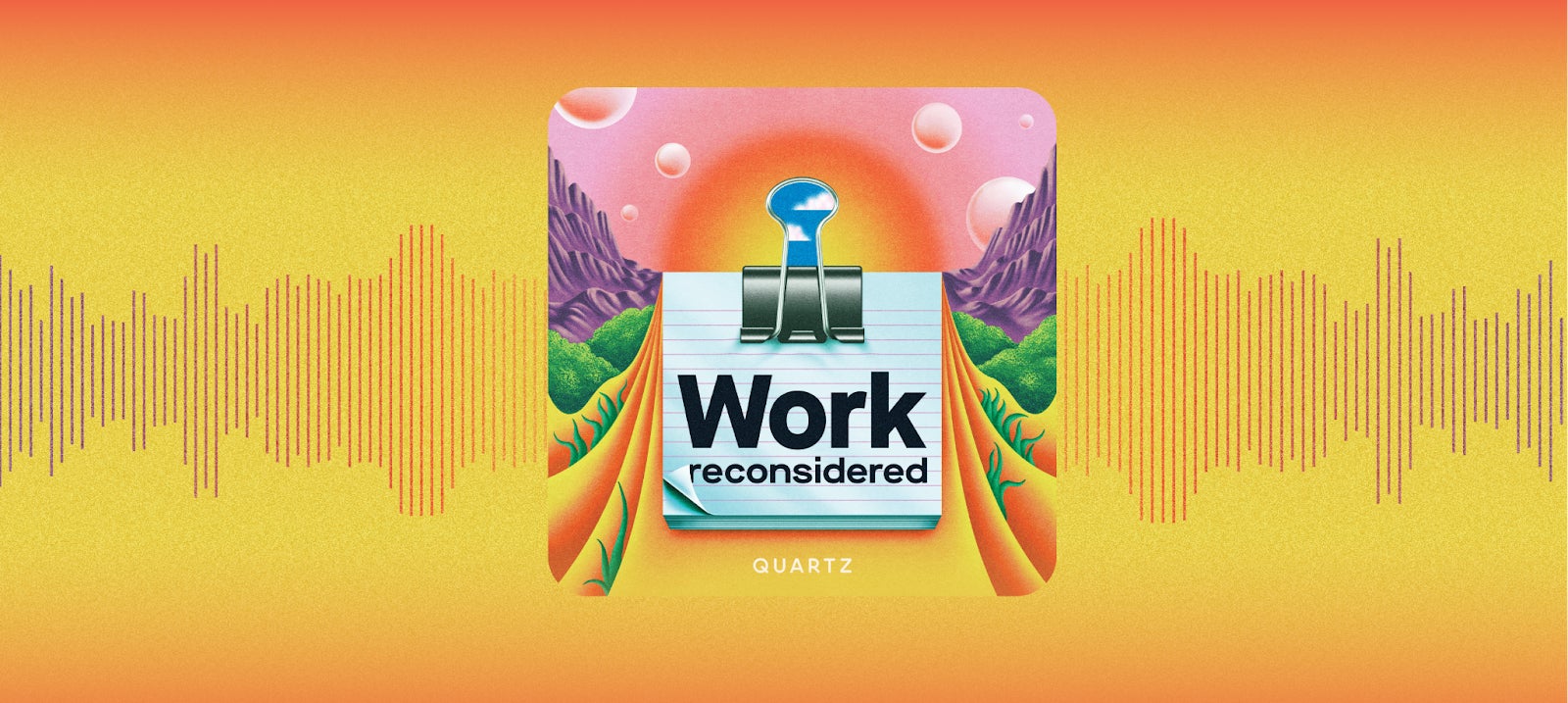🌎 Switch on the oil tap
Plus: Silicon Valley is trying to (literally) put out the world’s fires

Good morning, Quartz readers!
Here’s what you need to know
The White House is set to release 15 million barrels of oil from the US’s strategic reserves. The move is meant to counter OPEC’s cuts and price volatility.
Workers at an Amazon warehouse in New York state voted against unionizing. It’s the second loss in a row for the Amazon Labor Union.
American farmers are getting debt relief. The Department of Agriculture said it spent nearly $800 million to cover loan payments using funds allocated by the Inflation Reduction Act to support distressed farmers.
Meta was ordered to sell Giphy. UK antitrust authorities will force Facebook’s parent company to divest from the GIF search engine, which it bought in 2020 for $315 million.
Netflix got millions more people clicking play. The streaming service added 2.41 million new subscribers and brought in $7.93 billion in revenue in the third quarter, bouncing back after a tough start to the year.
The US launched a new immigration plan for Venezuelans. A new parole program is due to accept 24,000 asylum seekers, but arrivals via the southern border will be sent back to Mexico.
What to watch for
JetBlue’s proposed merger with Spirit Airlines is about to face a crucial litmus test: today, Spirit shareholders will decide if they think JetBlue’s $3.8 billion acquisition offer should reach cruising altitude.
The boards of directors at both carriers approved the bid over two months ago. If Spirit shareholders also vote in favor, the deal only needs a final antitrust nod to go through—and that’s not necessarily assured. But if all goes as planned, the takeover is expected to conclude in the first half of 2024.
The merger would create America’s fifth-largest airline at a propitious time for the US industry. Despite rising fuel prices and hiring challenges, travel demand is taking off from its pandemic lows. Delta Airlines posted a promising forecast last week, and United, American, and JetBlue are all taxiing behind, reporting earnings either this week or next. They, too, will likely be riding the tailwinds of higher travel demand.
Silicon Valley is trying to (literally) put out the world’s fires
It’s a guarantee that any big problem in California will attract two things: Hollywood treatments and venture capital money. In a US state that has seen eight of its 20 largest wildfires on record since 2017, Silicon Valley investors are throwing their money into the flames by funding so-called “firetech.”
🧯 Autonomous drones that can drop fire suppressants from above
📡 Satellites that give forest managers better information to direct their limited resources
🗼 Towers that use cameras and machine learning to spot smoke
What’s your salary?

Near the top of the list of Conversations to Avoid this Holiday Season™️ is how much money you make. But maybe you’re among a growing group of professionals that know how much your friends make, and even how much your boss makes—and you might be happier for it.
🎧 We’re getting honest about pay in this week’s episode of the Work Reconsidered podcast. Listen on: Apple Podcasts | Spotify | Google | Stitcher
Surprising discoveries
Slime from hagfish can make ballistics materials. And that’s just one fact about the slippery eels we are celebrating today on Hagfish Day (Oct. 19).
The UK could be in for a beer shortage. A delivery driver strike starting Oct. 31 might create the scariest Halloween venue ever: a pint-less pub.
Uber Eats is bringing weed to The Big Smoke. Toronto will have cannabis available for sale to all app-users aged 19 years and older.
The inside of a KitKat is not what you think it is. The trick-or-treat favorite is more like a meta-KitKat than a layered cookie.
An ancient Japanese toilet got wrecked. A car in reverse accidentally KO’d the 500-year-old door to the WC.
Our best wishes for a productive day. Send any news, comments, pints half full, and ancient plumber tools to [email protected]. Reader support makes Quartz available to all—become a member. Today’s Daily Brief was brought to you by Sofia Lotto Persio, Ananya Bhattacharya, Julia Malleck, and Morgan Haefner.